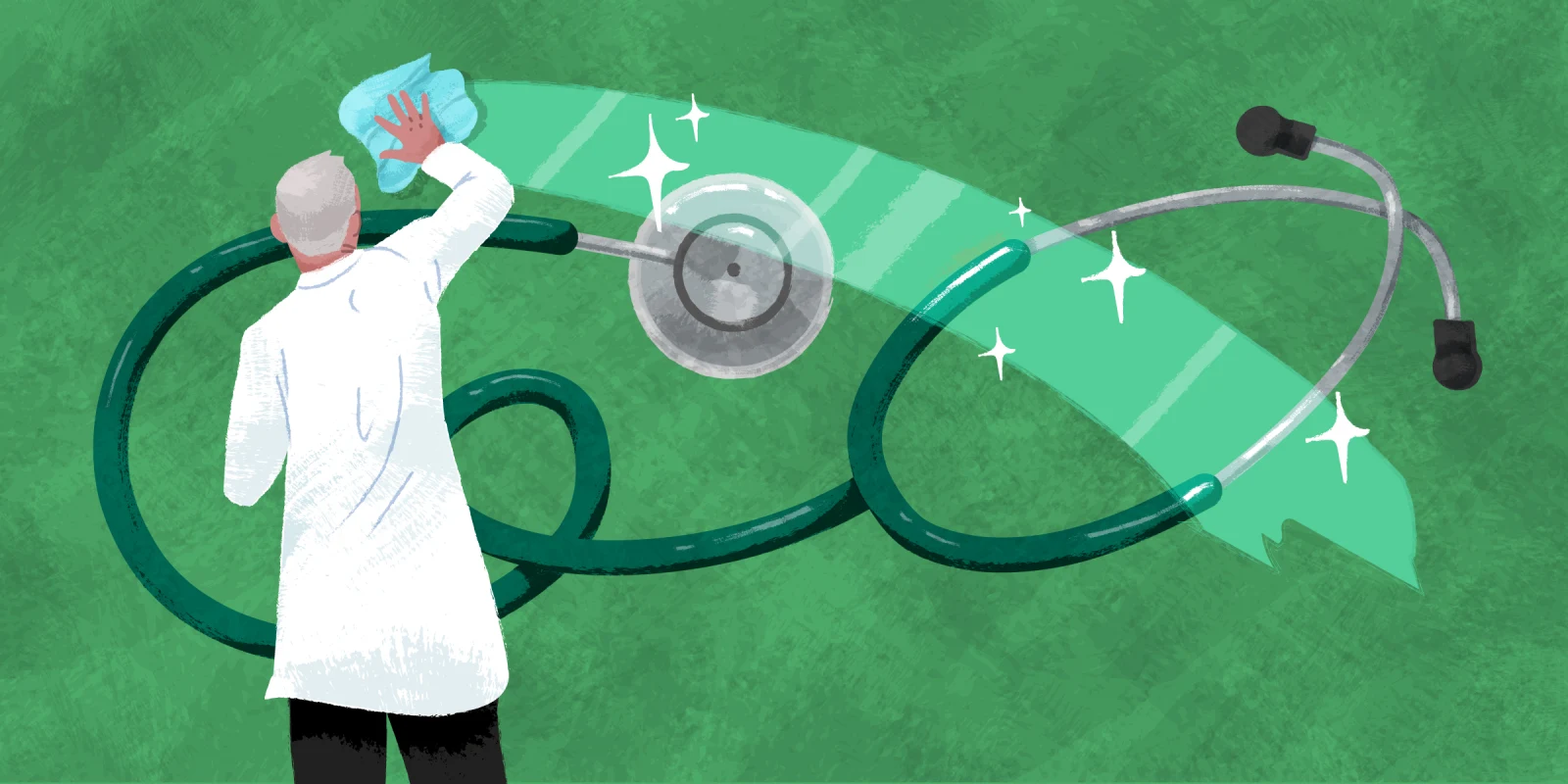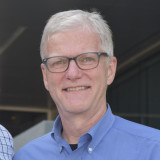As students filed into the classroom for my annual Personal Statement Writing Workshop, one of the rising senior medical students approached me. The application deadline was only a few weeks away, but she was still struggling mightily with her specialty choice. “I thought I had it all figured out, but now I’m not so sure. So many of my rotations were amazing!”
“Tell me more,” I said.
“I had great mentors and wonderful experiences, so a combined medicine/pediatrics residency was always my top choice. Then, last month, I spent two weeks on urology during my surgery rotation. I could not believe how much I enjoyed it!”
“Those seem so different!” I said. “How have you tried to narrow things down?”
“I keep adding to my lists of ‘pros’ and ‘cons,’ but the columns are exactly the same length. I’m talking to my friends and family. But it’s getting late and I’m getting nowhere. I need to submit my application in September! I’m running out of time to decide, and I just don’t know what to do.”
I could sympathize. When I was applying for residencies, I more than ran out of time. As a medical student in the late 1970s, I had every intention of becoming a general internist and taking care of people over the course of their lifetimes. I interviewed at several programs, each of which confirmed what I knew about the noble specialty. General internal medicine was a comfortable choice for me.
But, after sending in my match list, I rotated on otolaryngology. I was amazed by how “at home” I felt. Wow! I thought. This is what I want to do! This is my passion! I realized, of course, that I was committed for a year to whichever program I matched. As a senior medical student, though, a year seemed like a very long time indeed.
When I did match, it was with a wonderful internal medicine program. That same day, I scanned the lists and discovered that there were a few unfilled otolaryngology slots, as well. I contacted my medical school’s otolaryngology chair and one of the deans. “What should I do?” I asked. “There is no way out of a match agreement, right?” I was resigned to spending a year as a medicine intern and then reapplying.
The otolaryngology chair knew the chairs at the two programs with the unfilled slots. “I would be happy to call them if you can work things out,” he said.
I met with the dean, too. “Is that what you really want?” the dean asked me. “If you were released from your obligation, would you take one of the otolaryngology slots this year? Yes? Well, let me make a couple of phone calls.”
I sat across from the dean as he reached the director of the program where I was supposed to report in July. “Mr. Campbell would be willing to complete the first year, of course,” the dean told the program director over the phone. Then, as he smiled at me, he added, “but, having worked with residents in similar circumstances over the years, I can assure you he would be a very unhappy intern.”
I couldn’t hear the response on the other end, but the call soon ended. After letting me agonize for a few days, the residency program released me. A couple of phone calls from the otolaryngology chair to my future residency chair sealed it. It was a whirlwind and the rest is history. As John Lennon famously wrote, “Life is what happens to you while you are making other plans.”
Of course, I did not suggest to the medical student who was vacillating between med/peds and urology that she pursue a similar path. I was fortunate, and the ratio of available positions to applicants was higher back then. Still, we hope every student finds their own best fit.
The medical student took her seat and the Personal Statement Workshop started. I asked the students to create their own focused writing prompts and then free write about patients who had affected their views of medicine. After writing for several minutes, they shared what they had written in small groups, offering each other feedback and reflection.
As the workshop ended, the student approached me again. “I wrote two personal statements!” she said. “One for med/peds and one for urology.” She held them up and showed me the comments that she and her classmates had generated based on her writing. “It really helped me sort things out. What a great experience!”
“That was smart,” I said. “What did you learn?”
She looked at the statements and then at me. “I am going to apply for med/peds. Done.”
Every medical student is required to write a personal statement at the time they apply to residency, and the statements are notoriously difficult to draft. To prepare for this task, I facilitate sessions for the third-year medical students, asking them to explore meaningful encounters they have had. We work together to recognize the narrative threads that run through the lives of our patients and ourselves. The students often surprise themselves with their own writing. Still, the act of creating a personal statement and then hitting “send” is always going to be stressful. Happily, there is at least one med/peds graduate in the world who, through the act of reflecting on her potential journey, found her own best path to a satisfying career. That is something to write home about.
Did crafting your personal statement feel edifying or excruciating? Share your workshop travails in the comments!
Bruce H Campbell, MD is a head and neck cancer surgeon at the Medical College of Wisconsin. His book of essays, A Fullness of Uncertain Significance: Stories of Surgery, Clarity, & Grace (Ten16 Press), was published in 2021. He blogs at BruceCampbellMD. Dr. Campbell is a 2021–2022 Doximity Op-Med Fellow.
Illustration by Diana Connolly







